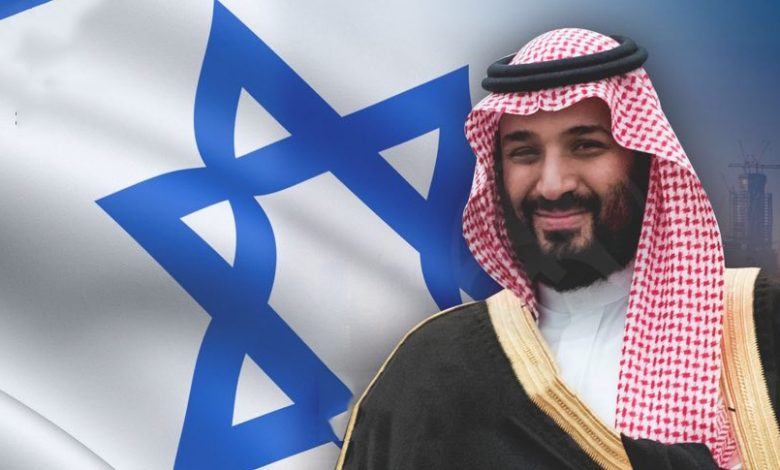
Saudi Leaks learned from high-ranking Saudi sources that Crown Prince Mohammed bin Salman sent a congratulatory message to Israel, specifically to Israeli President Reuven Rivlin and Prime Minister Naftali Bennett, on the occasion of forming his new Israeli government.
In his message, bin Salman expressed his sincere congratulations to the State of Israel on the new government, reiterating his total commitment to the previous understandings that occurred during the era of then Prime Minister Benjamin Netanyahu.
Bin Salman wished the Bennett government to work hard and diligently to follow up on the Iranian file and confront Iranian dangers in the region.
The message came after bin Salman’s “silence” on the formation of the new government and the fall of his former ally, Benjamin Netanyahu.
The sources attributed bin Salman’s new message to the US military’s announcement of the withdrawal of military equipment from countries in the Middle East, including Saudi Arabia, this month.
According to the sources, the Saudi regime will allow the plane of the Israeli Foreign Minister, Yair Lapid, to pass through Saudi airspace to travel to the UAE on the first official visit, since the two countries agreed to normalize relations.
READ: Israel cyber firm sells iPhone spyware to Saudi Arabia
The UAE and Bahrain normalized their relations with Israel in September. Last year, Israel also agreed to normalize ties with two other Arab countries, Morocco and Sudan.
Last March, former President Trump’s envoy to the Middle East, Jason Greenblatt, said that Saudi Arabia is moving toward comprehensive normalization with Israel.
“Saudi Arabia indeed needs more time to reach a comprehensive agreement with Israel, but it is on the path to reaching that,” said Greenblatt.
He explained that Washington’s allies in the Middle East face the greatest danger from the Iranian threat, including nuclear threat, missiles, drones, proxies, terrorism and other malicious activities.
Greenblatt commented on his opinion of how Israel should pursue peace with Saudi Arabia and other Arab countries.
“These agreements are complex and time-consuming, but any method that can bring the appropriate opportunity to announce and complete any agreement as quickly as we have seen,” he continued.
He pointed out that Riyadh will come to this path, but we have to be patient and give Saudi Arabia the space it needs.
He believed that exerting pressure from any party, including the United States, would not result in a normalization agreement of great value or lasting for a long time.
“The comprehensive normalization will come when everyone is ready for it and the right reasons. Encouragement is essential, but the pressure isn’t worth it,” he concluded.